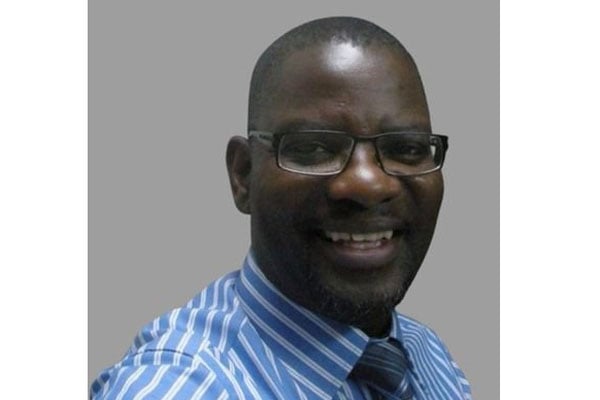Prime
Let’s keep pushing for political reforms

“Those who vote decide nothing, those who count the vote decide everything.” This quote attributed to Joseph Stalin usually dominates social media pages throughout the election period in many third world countries, including Uganda.
This may be partly, if not entirely true, basing on the fact that since Independence in October 1962, despite the several elections conducted, no incumbent has ever lost power to the Opposition.
Instead, change has always been by force of arms.
Even with the smooth transition of power in 1962 from the then chief minister Ben Kiwanuka and the Democratic Party to the Uganda Peoples’ Congress-Kabaka Yekka alliance, it wasn’t all rosy considering the political dynamics at play and any objective person can’t, therefore, conclude that Kiwanuka lost in a fair manner.
Besides, if Kiwanuka had the military might, perhaps the story would be different basing on the fact that despite his short stint in power, he was equally accused of dictatorial tendencies in his methods of work by both the colonial administration and those in the Opposition.
It can be argued that from the onset, Uganda got it wrong by failing to familiarise herself with the voting culture as a key tenet of people power and democracy, with elections being introduced by the British on the eve of their departure. The same wasn’t received with open arms by the political players of the time.
The Buganda government in her bid to push for self-rule from the rest of the protectorate, called for the boycott of the EGCO elections while other areas carried on with the exercise.
Similarly, after the brokerage of the 1955 Namirembe Agreement that literally turned Buganda into a constitutional monarchy with an elected Lukiiko (Parliament), Matayo Mugwanya’s election into the legislative body was rejected by his peers, who labelled him to be an enemy of the Kabaka and, therefore, couldn’t be part of the Buganda establishment.
All the above point to the fact that despite the late introduction of the voting culture in the protectorate, the Buganda region whose vote would then be significant, a position it still enjoys to date, was disenfranchised as the populace couldn’t elect leaders of their choice, but rather survived on the order and wishes of the kingdom administration.
Even during the Independence elections, as other regions in the protectorate enjoyed universal adult suffrage, in Buganda, it is the Lukiiko, acting as an electoral college, that elected members of the national assembly.
Uganda just like many of the newly Independent States now had the duty to familiarise themselves with holding of periodic elections as per their newly promulgated Constitution.
Many of these young nations even with the deteriorating levels of people participation in politics kept on with the election myth even where such were already pre-determined.
While moving a motion in the Kenyan Parliament for the formalisation of a single party sate in June 1982, the then Constitutional Affairs Minister Charles Njonjo reiterated to Kenyans that it was only them who could hold an election after every five years, which many of her neighbours had failed, springing them into political turmoil. To him, Kenya was the epicentre of democracy in the region.
In Uganda since the April 1962 elections, the next election was only held again in December 1980, a period close to two decades of which both their fairness and authenticity were contested thus sparking off a rebellion. Fairness shouldn’t be said to be done, but must also be seen to be done.
Even after 1986 when a fundamental change was promised by President Museveni, four of the presidential elections have been challenged in court for various irregularities.
Nonetheless, the struggle for democracy is an unending journey, hence it is incumbent upon the various actors to keep pushing for reforms.
Jonathan R Nkonge,
[email protected]




